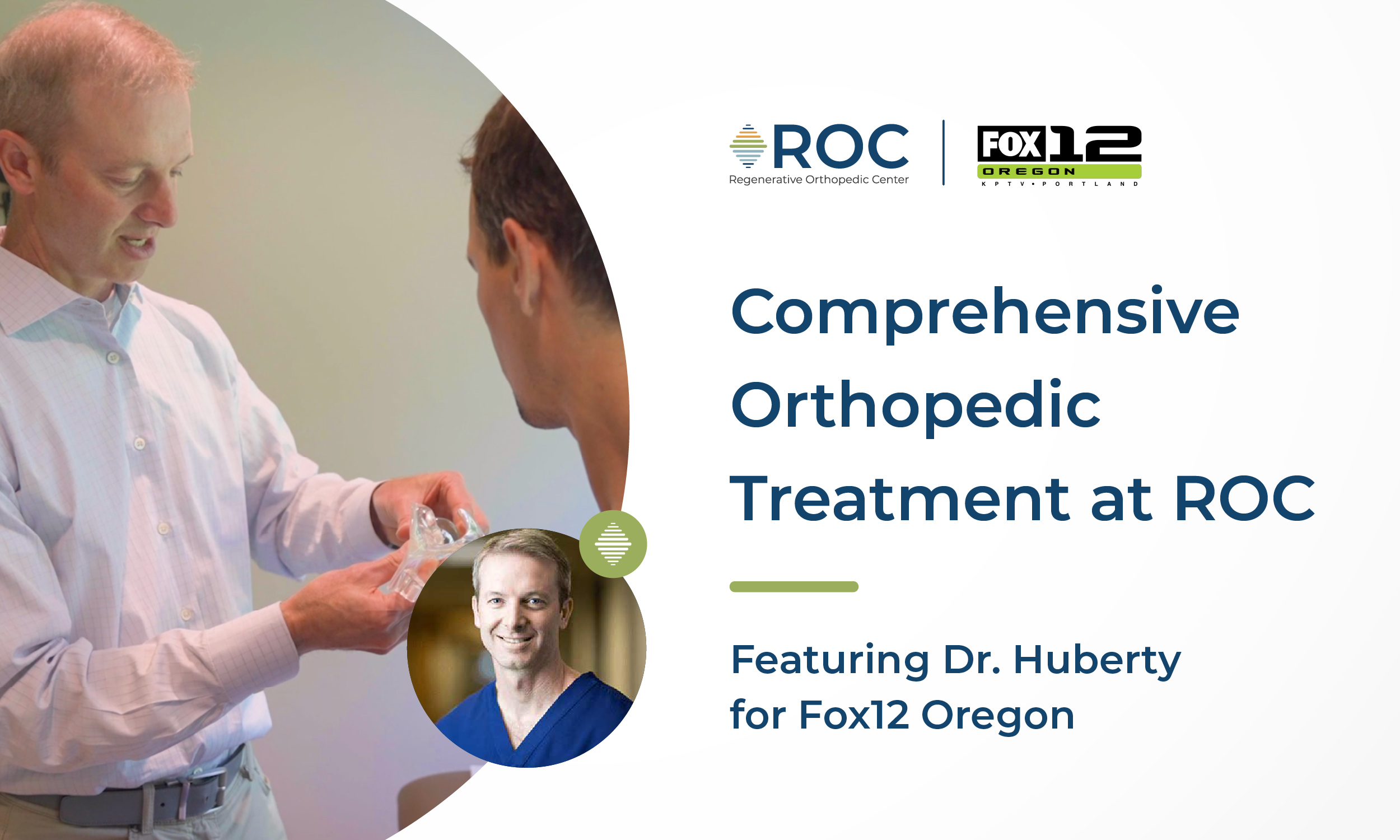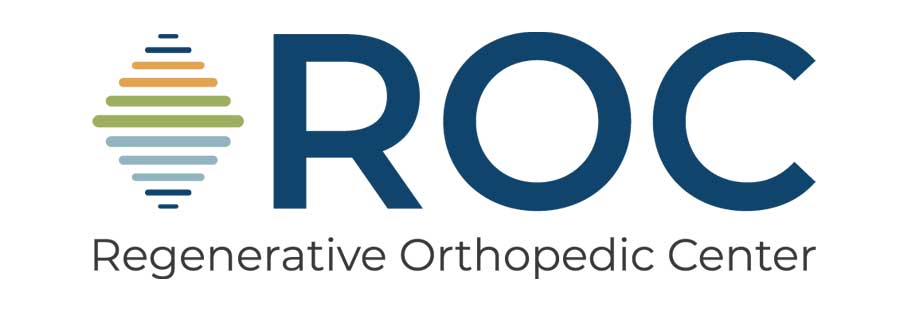Fox 12 Good Day Living’s Stephanie Kralevich recently visited ROC’s Tualatin location to catch up with David Huberty, M.D.
Dr. Huberty discusses his work with athletes, his patient population, and advancements in shoulder treatments within the last 5 years.
Video Transcript:
Stephanie Kralevich: We are in Tualatin at ROC Orthopedics. Today we are talking to an orthopedic surgeon about the treatment of shoulder injuries.
We are here with Dr. David Huberty, a board-certified orthopedic surgeon here at ROC. You specialize in the treatment of shoulder injuries. What’s the most common injury you treat among your patients?
Dr. David Huberty: We treat a lot of athletes here at ROC, and I would say one of the most common would be the shoulder dislocation. Can be a relatively minor event or a really devastating event, and it’s a personal area of interest for myself.
Kralevich: And you take care of patients of all ages and activity levels.
Huberty: For sure. We treat pediatric patients all the way through the geriatric population. And I was a former athlete myself. I just really relate to those patients, and I really enjoy taking care of the athletic population. That being said, I still am really involved in taking care if the whole spectrum of care for patients with shoulder issues.
Kralevich: What are the advances in the treatment of shoulder dislocation during recent years?
Huberty: We’ve understood for years that we need to repair and restore that anatomy in the front of the shoulder, but I would say that in the last five years, we’re recognizing the importance of, kind of, repairing and tightening the tissues in the shoulder, which may have a more subtle kind of stretch injury.
There’s some really interesting research going on regarding protein, vitamin and mineral supplementation around the time of surgery, and we’re seeing that we can enhance the pace of recovery patients by helping them avoid muscular atrophy or, kind of, loss of muscle tissue.
And, then, I think the third thing that in the last five to ten years, we’ve recognized some of the value of adding adjunctive healing agents to the shoulder. And so we’re using platelet rich plasma (PRP) injections at the time of surgery to kind of boost the healing response on the inside of the joint. And, I think collectively, these advances are really leading to better outcomes for our patients.
Kralevich: As a surgeon, what’s the most rewarding part of your job?
Huberty: You know, without a doubt, for me, it’s…it’s seeing a patient back, taking them from you know, being in a state where they’re really struggling, physically, struggling with function and having trouble with pain, and then taking them through a procedure and then through the rehabilitation. Kind of seeing the advance that they make in terms of their outcome. Just, kind of, understanding, like, the impact that you’ve been able to have.
Kralevich: To learn more about orthopedic care and recovery at Regenerative Orthopedic Center, visit rocpdx.com.

